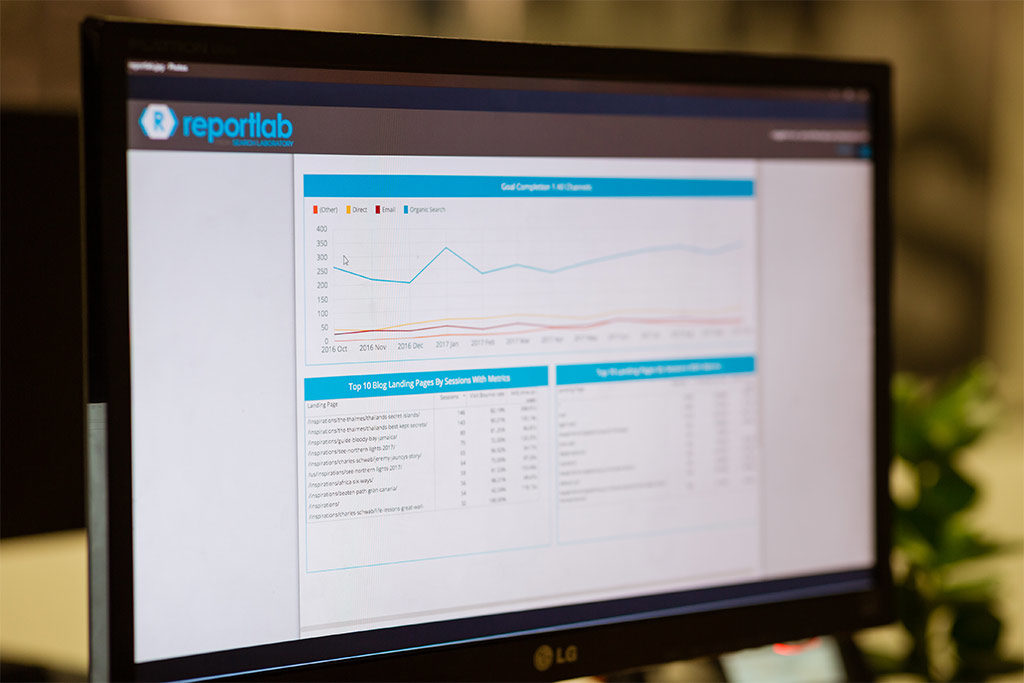
![]() Case Study
Case Study
International digital marketing is at the heart of what we do. Our experts have grown international businesses through integrated and strategic digital campaigns since we opened in 2005.
We help our clients assess which global markets are right for them through competitor analysis, localized keyword research, and evaluating market entry requirements.
Expanding into new markets is more complex than simply translating your website content. Understanding cultural and linguistic differences is crucial to compete effectively against local competitors and inspire trust in international audiences.
Our in-house native-speaking digital marketers create localized content that presents your brand message in a culturally and linguistically sensitive way while optimized for international search.


Our centralized approach means you benefit from a single account manager who coordinates your global, multilingual campaigns.
We share successful strategies across markets while you enjoy a central dashboard to review results.
Let's increase your revenue from international marketsContact us today
Is your website translation optimized and localized for its target market?View our website translation services
“They have an international footprint and international team members that help us scale campaigns across the globe. They provide a huge value-add as we know that a Google translate of an English campaign just doesn’t work.”
Ryan Black, Senior Manager Digital Marketing, Staar Surgical
Utilize our international digital marketing expertiseContact us today